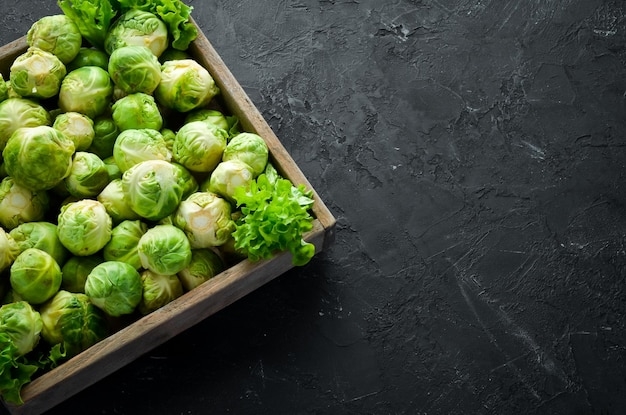Kiwi is a small, brown fruit with a fuzzy exterior and a bright green interior, packed with nutritional benefits. It is a great source of vitamin C, fiber, and antioxidants, making it a popular superfood around the world.
Vitamin C
Kiwi is an excellent source of vitamin C, which is essential for immune health, skin health, and wound healing. A 100-gram serving of kiwi contains over 90% of the recommended daily intake of vitamin C. This powerful antioxidant helps protect cells from damage caused by free radicals, molecules that can harm cells and contribute to aging and diseases such as cancer, heart disease, and arthritis.
Fiber
Kiwi is also a rich source of dietary fiber. Fiber helps regulate digestion, lowers cholesterol levels, and supports weight management by keeping us feeling full longer. A 100-gram serving of kiwi contains around 2 grams of fiber, making it an excellent small fruit to incorporate into a healthy diet.
Antioxidants
In addition to vitamin C, kiwi contains several other antioxidants, including vitamin E and polyphenols. These antioxidants work together to prevent damage to the body’s cells, prevent chronic diseases, and reduce inflammation in the body.
Other Nutrients
Kiwi is also a good source of other essential nutrients, including potassium, folate, and vitamin K. These vitamins and minerals help to maintain healthy blood pressure, support brain function, and promote bone health.
How to Incorporate Kiwi into Your Diet
Kiwi can be enjoyed on its own as a healthy snack, or added to smoothies, salads, and desserts for an extra nutrient boost. Here are some delicious ideas for incorporating kiwi into your diet:
- Blend kiwi with spinach, banana, and almond milk for a nutrient-packed smoothie
- Top a salad with slices of kiwi and a drizzle of balsamic vinegar
- Serve sliced kiwi with yogurt and granola for a healthy breakfast
- Top off a fruit salad with sliced kiwi for a colorful, nutritious addition
- Make a tropical kiwi salsa with diced tomato, red onion, and jalapeño peppers
FAQs About Kiwi
1. Is it safe to eat the skin of a kiwi?
Yes, the skin of a kiwi is safe to eat, but some people prefer to peel it as it can be tough or fuzzy. The skin is also a good source of fiber.
2. Can kiwi cause allergies?
Kiwi allergy can occur in some people who are allergic to certain proteins found in the fruit. Symptoms may include itching, swelling, or hives. People who are allergic to latex may also be allergic to kiwi.
3. How many calories are in a kiwi?
A medium-sized kiwi contains around 60 calories.
4. How should I store kiwi?
Kiwi can be stored at room temperature for a few days until ripe. Once it is ripe, it can be stored in the refrigerator for up to a week.
5. Can kiwi help with digestion?
Yes, kiwi is a great source of fiber, which can help regulate digestion and prevent constipation.
6. Is kiwi a good source of vitamin E?
Yes, kiwi contains some vitamin E, which is an antioxidant that helps protect cells from damage and supports immune function.
7. How can I tell if a kiwi is ripe?
A ripe kiwi should feel slightly soft when pressed gently with your fingers. It will also have a sweet aroma.
8. Is kiwi a low-carb fruit?
Yes, kiwi is relatively low in carbohydrates and can be enjoyed as part of a low-carb diet.
9. Can kiwi help with weight loss?
Yes, kiwi is a good source of fiber, which can help you feel full longer and eat less throughout the day.
10. Are there any health risks associated with eating kiwi?
While kiwi is generally safe to eat, some people may experience an allergic reaction or experience digestive issues such as bloating or diarrhea.
Conclusion
Kiwi is a nutritious and delicious fruit that can be easily incorporated into a healthy diet. It is an excellent source of vitamin C, fiber, and antioxidants, making it a great choice for supporting immune health, digestion, and disease prevention.

















































